The Subfields of Anthropology
The Subfields of Anthropology
Many anthropologists no longer subscribe to the "four fields of anthropology - archaeology, sociocultural anthropology, biological/physical anthropology and linguistics - mainly because these are so closely related and many of the areas of interest overlap. Thus Bill Haviland in his most recent introductory text to anthropology (with co-authors Prins, Walrath and McBride, 2008) explains:
Unlike traditional texts that present anthropology's four "fields" -archaeology, linguistics, cultural anthropology and physical anthropology - as if they were relatively separate and independent, our book takes an integrative approach. (Haviland et al 2008 :xxv)
For analytical and practical purposes, however, Haviland and his colleagues have no option, but to deal with each field separately, in separate chapters. However, the book constantly refers to linkages between the different fields.
William A Haviland ("Bill") is the most successful writer of anthropology introductory texts in the history of the discipline. Since his first book, simply called "Anthropology", was published some thirty five years ago, when he was a professor at the University of Vermont, USA, there have appeared eleven subsequent editions. This book became the best-selling anthropology book ever, and was translated into a number of languages (including Chinese). Bill's methodology in compiling such a comprehensive textbook was typically anthropological and included travelling the world with his wife Anita to gain first-hand experience of different human contexts and to collect relevant information himself.
Just to get a feel of what these subfields of anthropology more or less entail, note the following:
Biological or physical anthropology
This field of study deals with the biological or physical aspects of humans and human populations and endeavours to answer particular kinds of questions. For example, about the emergence of humans and their eventual development, and as to why and how contemporary human populations vary biologically.
Biological anthropologists, therefore, focus on the fossil remains of prehistoric human-like beings which have been preserved in the earth's crust (and in the polar regions and swamps) in order to obtain information about the development of human beings from very early times. They also exchange information with human palaeontologists who make a study of the emergence of human beings and their later evolution. This enables biological anthropologists to obtain information about early human beings and their relation to modern humans.
Although we all belong to the same species Homo sapiens sapiens, there is a great deal of variation between human populations and this leads to another set of questions that biological anthropologists seek to answer:
- Why are some human populations taller than others?
- How have human populations adapted to their environment?
- Are some people better equipped to endure cold (eg the Inuits of Greenland), and others the tropical sun (eg the Pygmies of the Democratic of Congo)?
To answer these questions, biological anthropologist make use of human genetics (the study of inherited human traits), population biology (the study of the effects of the environment) and epidemiology (the study of the differing effects of diseases on populations). So, inherited and demographic factors are of interest to biological anthropologist but, importantly, they also pay attention to the influence of biological factors on behaviour in a human population. A biological anthropologist who studies the Yanomamo of Brazil, for instance, would ask questions such as:
- Is there a genetic explanation for their violent behaviour?
- What is the effect of their diet on the development of their bodies?
- What is their biological relationship to neighbouring peoples?
Note that "demographic" refers to statistical data concerning populations, that is the size, composition and development of populations. Such statistical data are acquired by census surveys concerning the registration of births, deaths, marriages and the migration of people.
Archaeology
Archaeology, which is derived from the Greek arkhaios (ancient) and logos (discipline or science), studies the past living conditions and changes that occurred in human populations during prehistoric times. Since archaeologists often do not have written records on which they can rely for information, they obtain data from the material remains of human settlements that are carefully collected during the excavation of sites where people once lived. Remains such as tools, ornaments, potsherds, weapons and human bones are all examples of "remains". Archaeologists often obtain vitally important information about the prehistory of human populations that have not been preserved in oral tradition or written records. Without the material objects exposed by the archaeologists during their excavations we would know very little about prehistoric humans. Remember that writing is a relatively recent development and that more than 90% of the early history of humans beings has become known through archaeological and, to a lesser degree through anthropological sources and research methods.
Linguistic Anthropology
This field of study focuses on the large variety of languages spoken by people and, especially, the relationship between language and other aspects of people's lives. Initially, linguistic anthroplogists studied the historical development of the unwritten languages of "non-Western societies". The emphasis has, however, shifted and language is now viewed not only as an indispensable means of communication within communities or societies being studied, but also as a means of obtaining an understanding how sociocultural phenomena are expressed verbally. Language is also used as a key to determine how people view the world, the environment in which they live, and how they view other people.
Specialist areas within linguistic anthropology include:
- historical linguistics, the study of how languages change over time and how languages are related to each other
- descriptive or structural linguistics, the study of the difference between contemporary languages, especially in terms of their construction
- sociolinguistics, the study of the way in which language is used in different social contexts
Note that research about other people and their sociocultural systems requires a basic knowledge of their language. From experience anthropologists know that knowledge of the language of the people being studied soon establishes a relationship of trust between people being researched and the researcher.
Sociocultural Anthropology
"Anthropology" actually refers to sociocultural anthropology, although we often simply refer to this field of study as anthropology, sociocultural anthropology is more accurate, and more descriptive of the kind of emphasis placed in this subdiscipline
- it is also indicative of the approach that we adopt in this field of study
Historically, a distinction was made between cultural anthropology and social anthropology, mainly because the term "cultural anthropology" was mainly used in America and also drew some of its principles from the German anthropological tradition - and was more broadly based. "Social anthropology" was essentially practised in Great Britain and developed from sociological theory. Whereas cultural anthropology emphasised patterned behaviour transmitted over generations within a group context, which is guided by particular common values, social anthropology focused on the dynamics of social relations, social structure and so on. Clearly, there is some value (and weakness) in both approaches - we will attempt to adopt a more balanced approach towards understanding the human experience.
Images are linked to their sources in their description and references are stated within the text.
Thank you for reading
Thank you @foundation for this amazing SteemSTEM gif
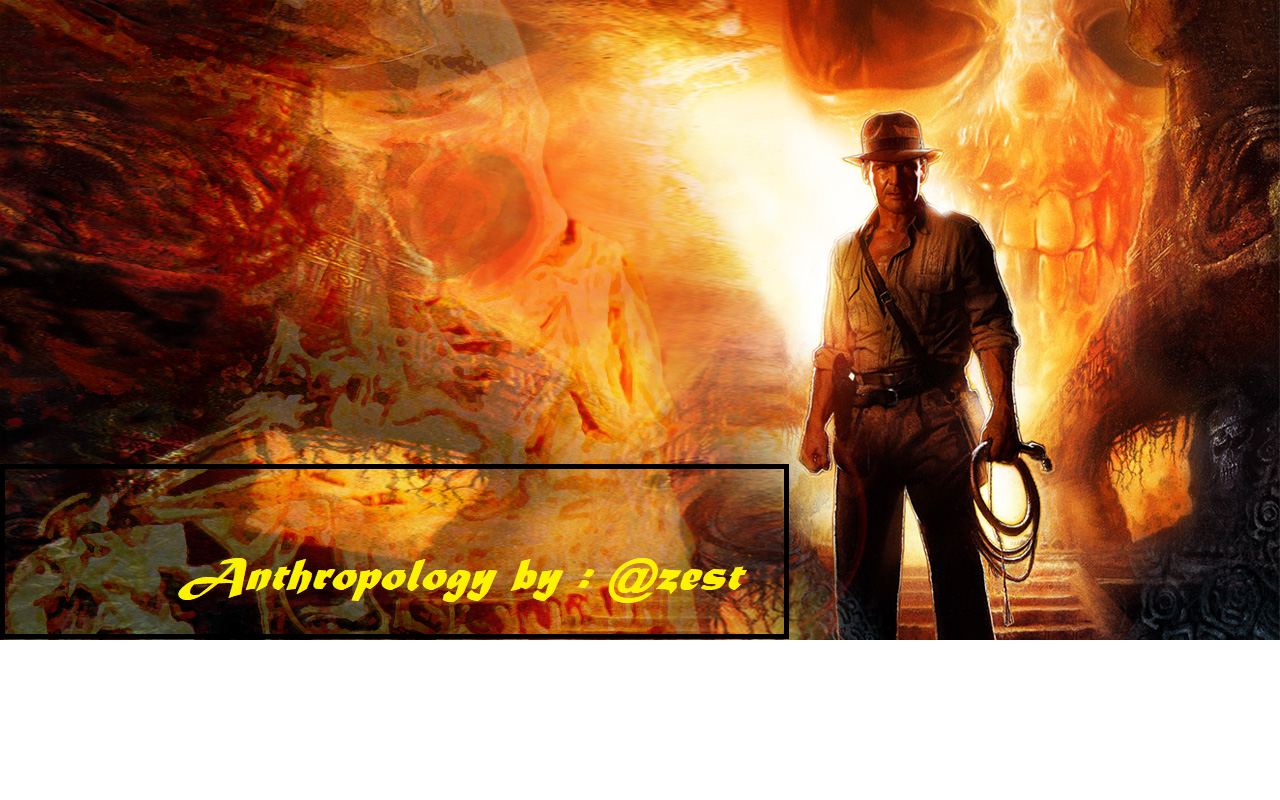

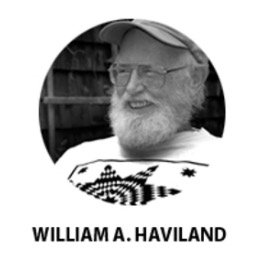
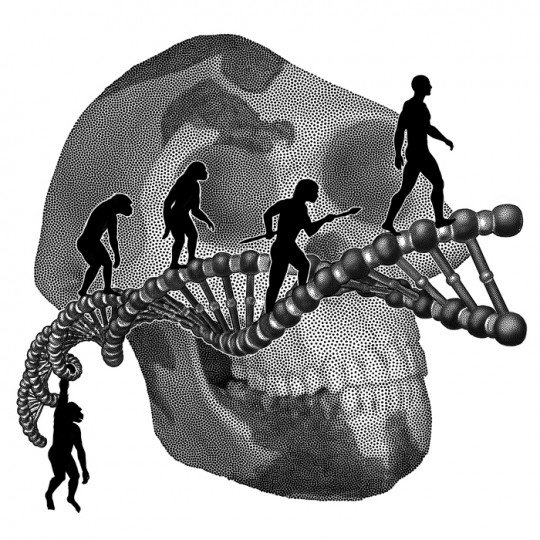
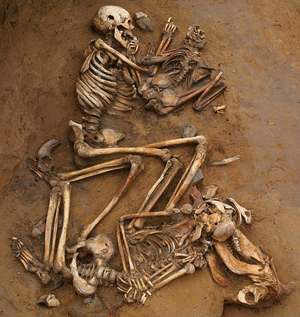
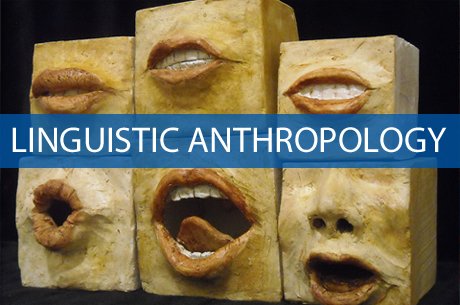
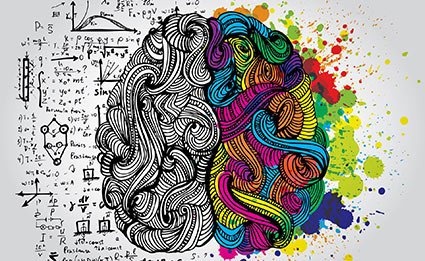

Again, a most excellent post on a subject I happen to be very keen on. Two weeks ago, I was writing to someone who had replied to you and mentioned the name of Sylvie Poirier, PhD., teacher in the Department of Anthropology, in Université Laval, Quebec City. Her work is also of great importance as it also exposes the intricate relationships existing between fields of study within the realms of anthropology. It is my conviction that you would greatly appreciate her work, especially after reading this latest article. specifically, I would point out the book "A WORLD OF RELATIONSHIPS: Itineraries, Dreams, and Events in the Australian Western Desert".
Here's a quick summary of the book:
I really hope you'll have the opportunity to read this one, eventually, as I know so many of us have piles waiting for us to read... Thanks again for your excellent post, keep your smile, take good care, Steem on, thrive on and namaste :)
Hi @eric-boucher, I once again I am so grateful firstly for the truly amazing comment and support:)
As you have rightly said
But with that said I am always willing to make the effort to read a book that truly peaks my interest
and from reading the extract that you have quoted above I will certainly look into getting myself a copy as soon as possible.
I thank you sincerely for the recommendation.
I truly wish you all the very best and you as well keep smiling , keep in great health and steem on:)
Namaste.
This reply makes me so happy and, by now, super excited to read a post on your thoughts about this one... It is extremely well written and the knowledge as well as the wisdom contained within these pages are a total gems, both in my heart and mind.
Namaste :)
@eric-boucher, it was me you replied to:) And I still owe you an answer, I guess. You mentioned that book & author. I wasn't "steeming" for about a week and came back yesterday. As you so deeply connect to that work I am also interested to read it. If this is going to happen I will come back to you. No guarantees, though:))
@zest wrote another excellent article and got my attention with that. It made me think how much complex the observations and conclusions of human development, habit & behavior are we try to understand. I see two sides of it: the one which leads to deeper understanding myself and others. The other one to mistake findings, observations and studies for the sake of short arguments, for example. But nobody can prevent that. Sometimes I think, people should more focus on what their professions are and devote to them and do less "opinioning" in realms they do not understand to the fullest. To bridge the disciplines is a must, though. Not easy in our complex world.
... But then: when does understanding begin and end?
I guess after realizing the mentioned and what my conclusion to complexity and insecurity is, is to get to know, inherit & practice the very basics of humanity as there are - for example - stated in the Buddhist teachings, which fascinate me because I see many parallels to my own profession as a systemic consultant.
The path toward the within first open up on the realities of what we are as a human being, as a person and eventually as the retreat within goes deeper and the waters of your mind settle, not only can you reflect with great clarity, but from this stand point, you can see deeper, much deeper... Where dos the light of understanding and, more importantly shine depends on that process and is, mathematically speaking, a function of it. The science of Tibetan buddhism and its yogic practices have been systematically used for centuries and are deeper than words can acknowledge ingrained in my being. The fundamentals of this movement of the mind and awakening of consciousness through awareness arousing have been discussed in this latest series of mine discussing the power of imagination, the process toward recognizing that one is dreaming and, ultimately, the awakening within the dreaming. From here, I started discussing dream yogas, exercises a dreamer does while being aware-fully conscious- that one is dreaming exemplified through personal stories occurring during practices while I am sleeping. Eventually, this series is going to be moving toward the same regimen in both realms of the sleeping nights and so-called awaken days...
Looking forward to reading and sharing with you some more, it has been such a pleasure so far. Till then, keep your smile and taking good care, Steem on and, more importantly, thrive on! Namaste :)
I am interested of the Sociocultural Anthropology as it goes with my undergraduate course which is International Studies.
This image you put here could buttress the fact that evolution of transhumanism is imminent.
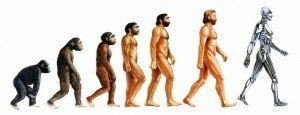
Though it wasn't in the writeup, but humans are really evolving into cybernatics.
Nice piece bro
I’m really drawn to the concept of evolution, especially human evolution. Though I have very little knowledge about it, but I know with posts like this, my knowledge will be enhanced. Thanks for sharing